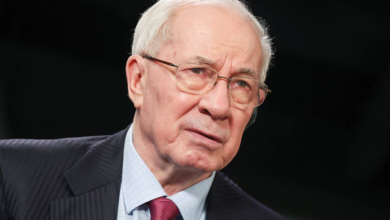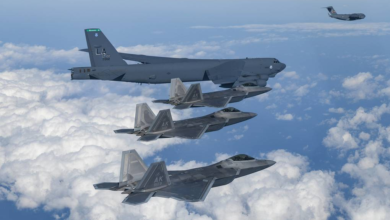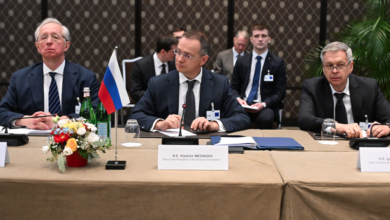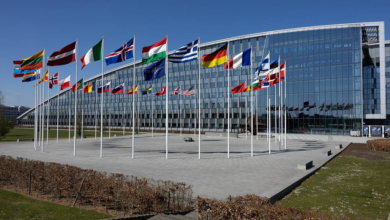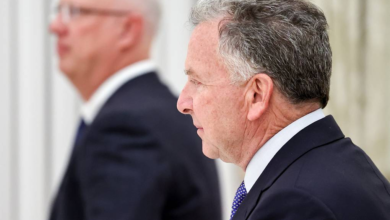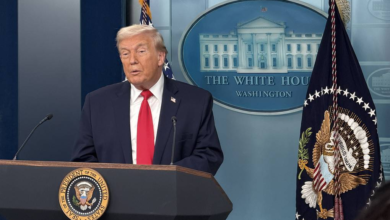Netanyahu Faces Criticism After Equating Son’s Postponed Wedding With Wartime Losses
"Israel-Iran conflict: Netanyahu shares 'personal cost' of ongoing war on him, says had to cancel son's wedding due to threats"
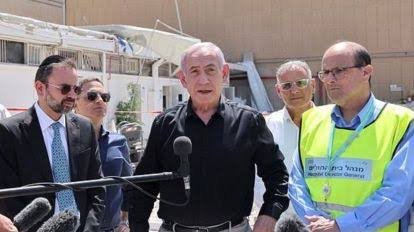
Beer Sheva, Israel — 20 June 2025 Israeli Prime Minister Benjamin Netanyahu is under fire after likening the postponement of his son Avner’s wedding to the sacrifices borne by Israeli civilians during the week‑old Israel‑Iran war. Speaking to reporters at Soroka Medical Center—damaged hours earlier by an Iranian missile—the premier said his family, like “every Israeli,” was paying “a personal cost.” He noted that Avner’s nuptials had been cancelled for a second time, calling wife Sara “a hero” for coping with the disruption.
Netanyahu framed the war as Israel’s “Blitz,” invoking Britain’s World War II endurance. “Families have lost loved ones; others are wounded. My family is no different,” he insisted. But his attempt at empathy quickly backfired. Bereaved parents of slain soldiers and civilians branded the remarks “tone‑deaf,” saying the prime minister equated inconvenience with life‑altering tragedy. Anat Angrest—whose son has been held hostage in Gaza for 623 days—called the comparison “narcissistic in the extreme.”
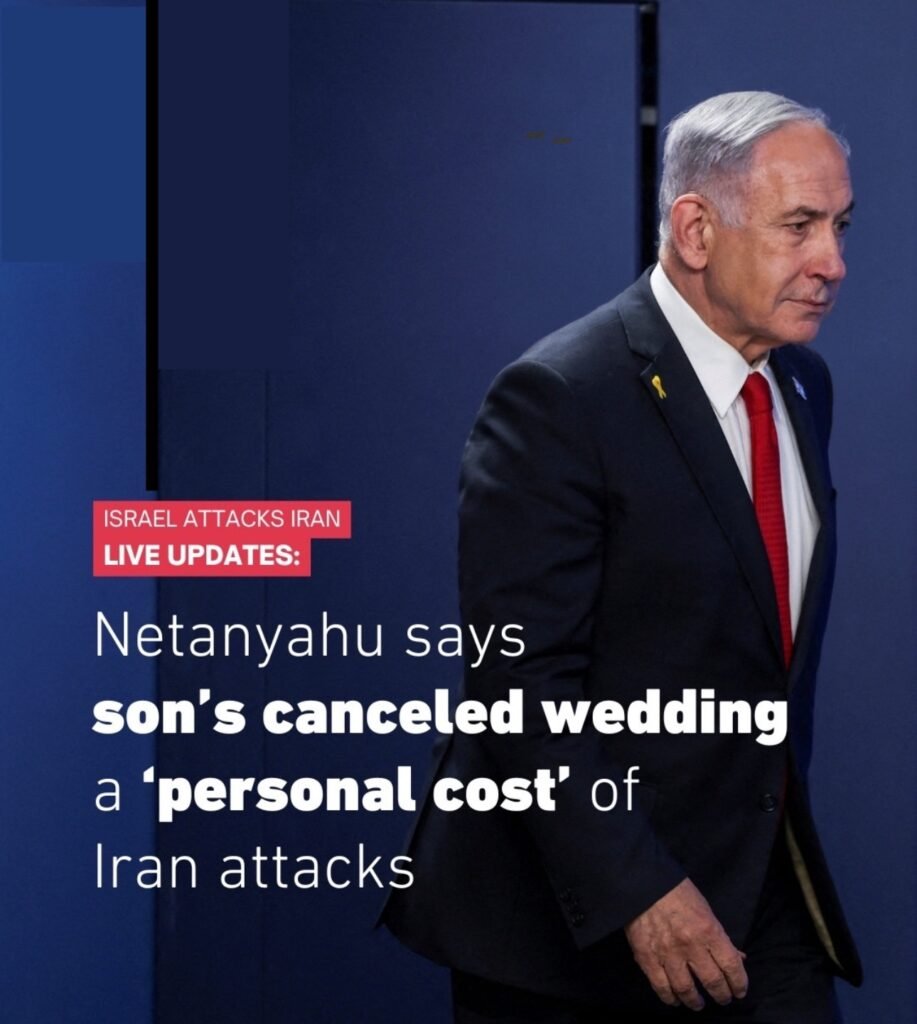
A Conflict Escalates The controversy erupted as casualty counts climbed. On 13 June Israel launched Operation Rising Lion, a surprise wave of more than 100 airstrikes on Iranian nuclear and military facilities in Tehran, Isfahan, Natanz and the South Pars gas field. Iranian authorities said at least 224 people were killed and more than a thousand injured, many of them civilians caught in secondary explosions at energy plants and residential blocks.
Tehran retaliated two days later with “Operation True Promise III,” firing scores of ballistic missiles into Israel. Strikes hit Tel Aviv’s Kirya military headquarters, research labs at the Weizmann Institute, and apartment buildings in Bat Yam, Tamra and Rishon LeZion. Twenty‑four Israelis, including five visiting Ukrainian nationals, have been confirmed dead; hundreds more are receiving treatment for blast injuries and burns.
Inside Israel, the human toll is fueling anger. “We buried our daughter yesterday,” said Tamra resident Ran Sharabi after a direct hit levelled his family home. “Hearing the prime minister talk about a postponed party felt grotesque.” Protesters gathered outside Netanyahu’s Jerusalem residence overnight, holding photos of the dead and banners reading ‘Weddings Can Wait; Lives Cannot.’
Legal and Diplomatic Headwinds – The war comes as the International Criminal Court pursues arrest warrants for Netanyahu and former defence minister Yoav Gallant over the 2024 Gaza siege—charges that already complicate the prime minister’s foreign travel. Separately, an International Court of Justice advisory opinion last July declared Israel’s occupation of Palestinian territory “unlawful” and urged an expedited withdrawal, a finding Israel rejects as non‑binding.
Tehran has seized on those rulings to claim the moral high ground. Foreign Minister Hossein Amir‑Abdollahian said Iran’s strikes were “legitimate self‑defence against an aggressor already censured by the world’s highest courts.” Israeli officials counter that the 13 June raid was a “pre‑emptive necessity” to stop Iran from enriching uranium beyond 60 percent purity.
Global Reaction Splits East and West – China and Russia issued a rare joint condemnation of Israel during a 19 June phone call between Presidents Xi Jinping and Vladimir Putin, branding the raids a breach of the UN Charter and offering to mediate. Beijing has evacuated nearly 2,000 nationals from both Iran and Israel while urging “an immediate and unconditional cease‑fire.”
Across the Global South, criticism of Israel is mounting. Pakistan, Brazil, Qatar, Norway and dozens of other states have denounced the airstrikes as illegal and warned of a regional spill‑over. Western capitals are more circumspect: U.S. officials reiterate Israel’s right to self‑defence but privately press Jerusalem to “show restraint,” fearing oil‑market turbulence and a collapse of nuclear‑non‑proliferation talks.
Mounting Humanitarian Concerns – The UN Office for the Coordination of Humanitarian Affairs reports that Iranian hospitals near Isfahan and Bushehr are operating beyond capacity, with rolling blackouts complicating trauma care. In Israel, missile‑alert apps crashed during the largest volley, leaving some residents unaware until sirens sounded. Aid agencies say at least 340,000 people on both sides have fled coastal or border regions for safer inland areas
Diplomats from the EU, Egypt and Oman are shuttling between capitals, but neither government seems ready to stand down. Analysts warn that the conflict’s nuclear dimension—Israel’s undeclared arsenal versus Iran’s enrichment program—raises the risk of a wider war drawing in proxy forces from Lebanon, Syria and Iraq.
For Netanyahu, the domestic front may prove just as perilous. His critics argue that dismissive rhetoric in the face of genuine grief could erode the wartime unity Israeli leaders traditionally enjoy. “Wars are won with credibility as well as firepower,” said Tel Aviv University political scientist Dahlia Sheindlin. “Right now, the prime minister is burning through both.”
Whether Avner Netanyahu will celebrate his wedding anytime soon remains uncertain. For thousands of Israelis and Iranians mourning loved ones—or praying that tonight’s siren will not be the last sound they hear—the prospect of normal family celebrations feels impossibly distant.
“Israel-Iran conflict: Netanyahu shares ‘personal cost’ of ongoing war on him, says had to cancel son’s wedding due to threats”
